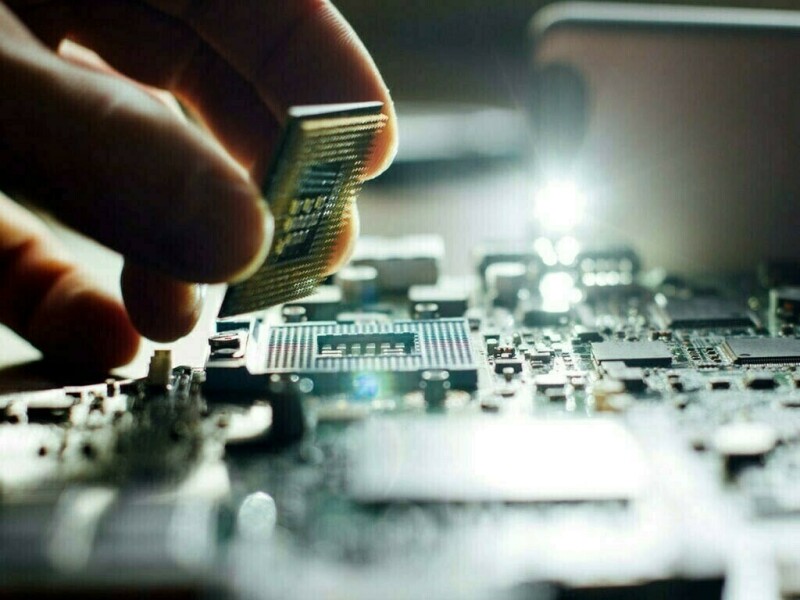As compared to software consultancy services, Pakistan’s ability to develop hardware to fulfil local demand and contribute to exports is negligible.
According to data released by State Bank of Pakistan (SBP), the country merely fetched $7.5 million of foreign exchange against the services of hardware consultancy in the financial year 2024-2025 as compared to $6.8 million reported in financial year 2023-2024, showing a 9.9% growth but still negligible contribution to the overall exports of $3.8 billion.
On the other hand, software consultancy services attracted over $1.1 billion in the said period.
According to estimates, 99% of local hardware demand is met through imports, including desktop computers, laptops, printers, scanners and data centers machines.
The minimal contribution of local hardware production portrays a major weakness of the IT industry, and there appears to be no policy to develop the sector indigenously, experts say.
Local assembly
Talking to Business Recorder, Khushnood Aftab, Convenor Federation of Pakistan Chambers of Commerce and Industry (FPCC) on IT and Chairman Viper Group, said the development of local assembly of computer systems, laptops, and accessories are indispensable for Pakistan to meet the growing demand of these devices.
He pointed out that a lack of supportive policy towards IT hardware costs a significant loss of foreign exchange to the country due to heavy imports of computers and laptops.
He believes Pakistan has the potential develop fighter jets, automobiles and smartphones at global standards, and could also develop its computer and laptop assembly sector within a few years with the determination of policymakers.
An artificial intelligence policy has been approved recently by the government but it unfortunately makes no mention of hardware, he said.
There are a handful of manufacturers working in Pakistan for assembly of computer systems and accessories despite challenges and a lack of government support, which proves the capability of the country to expand the industry at a large scale, he added.
IT assembly units of different foreign brands could also train youngsters for smartphone assembly and manufacturing to help the country export made-in-Pakistan devices, he said.
Data centres
Meanwhile Mehwish Ali Khan, CEO Datavault, said that hardware in the IT industry is not limited to manufacturing of desktop computers and laptops but it also focuses on various systems, including servers and machines of data centres.
She said there is an increasing demand of data centres in the country and local players should come forward to develop indigenous centres.
The manufacturing of local systems is also essential to address the issues of cybersecurity and data protection of sensitive and confidential information of strategic organisations and commercial business units of the country, she said.
It is high time that ministry and regulators develop a policy to promote local assembly and manufacturing of computers, laptops, and hardware systems in the country that will not only attract foreign investment but also enhance the phenomenon of transfer of technology in the country, she added.


